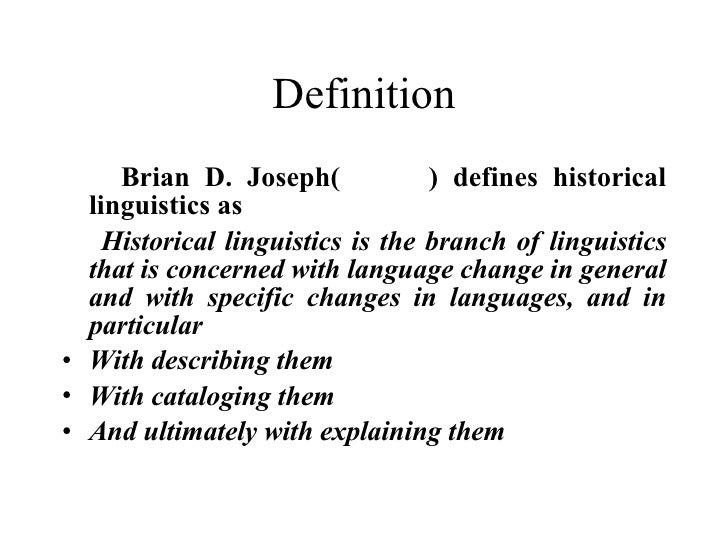
Linguists who study how languages are structured and how they work are said to study theoretical linguistics.Īnother part of linguistics is involved in understanding how languages are used in society or in the world. Doing that makes it possible to find things shared by all the languages of the world, and also find out which languages are related to each other. Linguistics studies one language next to another to find similar properties.

Discourse analysis is the study of entire conversations or texts. Linguistics additionally draws on and informs work from such diverse fields as acoustics, anthropology, biology, computer science, human anatomy, informatics, neuroscience, philosophy, psychology, sociology, and speech-language pathology.

Literary theorists study the use of language in literature. Semiotics, for example, is the general study of signs and symbols both within language and without. Linguistics in its broader context includes evolutionary linguistics, which considers the origins of language historical linguistics, which explores language change sociolinguistics, which looks at the relation between linguistic variation and social structures psycholinguistics, which explores the representation and function of language in the mind neurolinguistics, which looks at language processing in the brain language acquisition, how children or adults acquire language and discourse analysis, which involves the structure of texts and conversations.Īlthough linguistics is the scientific study of language, a number of other intellectual disciplines are relevant to language and intersect with it. Some linguists are applied linguists, meaning they use linguistics to do things, such as forensic linguistics (which is used in crime investigations), or computational linguistics (which is used to help make computers understand languages, such as the iPhone's Siri application). Some linguists are theoretical linguists, meaning they study the theory and ideas behind language, such as historical linguistics (the study of the history of language, and how it has changed), or sociolinguistics (the study of how different groups of people may use language differently). There are many ways to use linguistics every day. There are five main parts of linguistics: phonology (the study of sounds, or phonemes), morphology (the study of parts of words, like "un-" and "-ing"), syntax (the study of word order and how sentences are made), semantics (the study of the meaning of words), and pragmatics (the study of the unspoken meaning of speech that is separate from the literal meaning of what is said for example if you were to say "I'm cold" when what you actually want is for someone to turn off the fan). People who study language are called linguists.


 0 kommentar(er)
0 kommentar(er)
